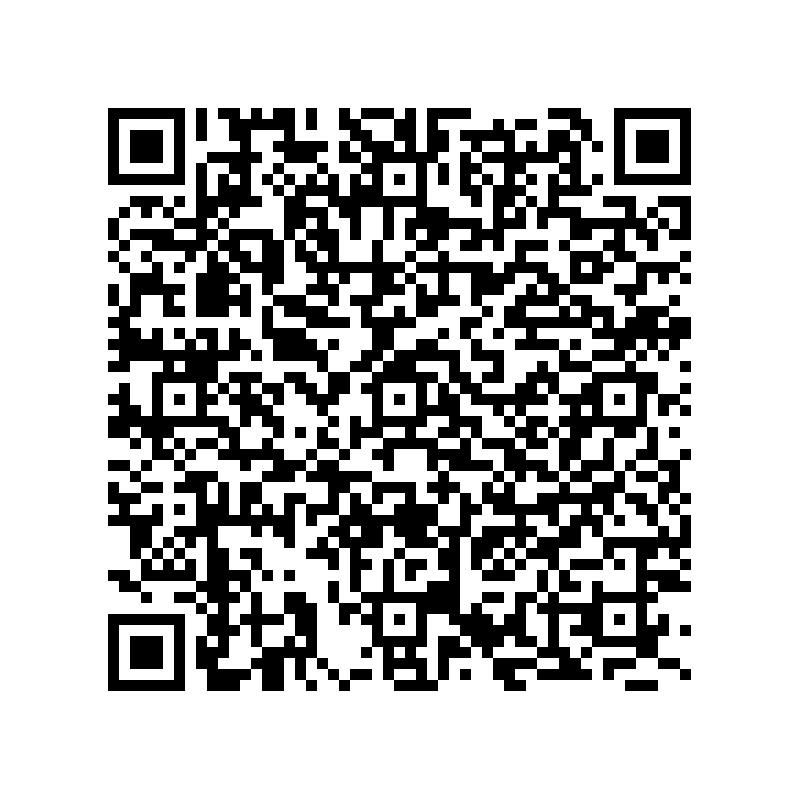
Section Branding
Header Content
Appalachian English
Primary Content
April is National Poetry Month. In this week's commentary Salvation South editor Chuck Reece celebrates the occasion by looking at the richness of Southern speech — specifically at how the words we use tell the world who we are.

TRANSCRIPT:
Chuck Reece, Salvation South Editor: A couple weeks ago, I discovered something I did not know existed: The Dictionary of Smoky Mountain English. To my knowledge, there is no print version of this dictionary. Instead, it’s on the web, courtesy of the College of Arts and Sciences at the University of South Carolina.
In that dictionary, I found so many magical words and phrases that I had heard old folks say when I was young. For instance, “granny woman.” I assumed “granny woman” was simply a more florid way of referring to someone’s grandmother. I called my own maternal grandmother “Granny.” But “granny woman” is something different. Let me use the phrase in a sentence for you.
The granny woman come over and helped her deliver that baby.
A granny woman, to mountain folks, was a midwife.
When we’d go to visit the old folks, we’d often be sent home with these words: "Why don’t you’uns stay all night?"
That means just what you think. It was literally an invitation to spend the night — and to be treated to a big breakfast of biscuits and such the next morning. That invitation, I always thought, was the epitome of Southern hospitality.
These old turns of phrase for centuries have given writers of songs and poems and stories an expanded vocabulary. Even two small words can be packed with decades of history. They tell us who Southerners are as a people.
I began thinking about all this when Salvation South, the online magazine I edit, started celebrating National Poetry Month. I asked a poet friend, Annie Woodford, to write about how our native language — our Southern mother tongue — makes our poetry so rich. Here’s a little of what she wrote:
“In the South, poetry is a form of survival. It is poetry despite. It comes from the mouths of poor people first and foremost. It is always elegy, always the haunted land, taken from native people, shaped by enslaved people. It is the bent note, the blue note, the legacy of lives erased from the official record. The language of Southern poetry belongs to the ancestors of the illiterate.”
The ancestors of the illiterate. Some Southerners come from long lines of highly educated and well-spoken people. But most of us do not. Many of our ancestors, generations ago, could not read or write. But lord, they could tell stories. They could not leave us with monetary inheritances, but they left us with a rich language — words that belong to us, that define who we are.
Y’all come see us at SalvationSouth.com. If you want to, you’uns can stay all night.






